Introduction to Code Solutions
Code solutions are integral to modern software development, serving as pre-written, reusable pieces of code designed to address common problems or tasks. These solutions come in various forms, including libraries, frameworks, and code snippets, and play a crucial role in streamlining the development process. By leveraging existing code solutions, developers can enhance efficiency, minimize redundancy, and adhere to best practices across different projects.
Libraries are collections of pre-written code that developers can integrate into their applications to perform specific functions. Frameworks, on the other hand, are more comprehensive, providing a structured foundation that guides the overall architecture of a software project. Code snippets are smaller segments of code, designed for quick integration to solve particular problems or perform minor tasks.
The use of code solutions is particularly beneficial in scenarios involving repetitive tasks, complex algorithms, and industry-standard procedures. For instance, handling data validation or formatting across multiple projects can be tedious and prone to errors. Pre-written code for these tasks ensures consistency and reliability. Similarly, solving complex algorithms related to search, sorting, or data processing can be highly time-consuming. Utilizing well-established libraries or frameworks that house these algorithms not only speeds up the development cycle but also leverages the expertise embedded in these solutions.
Moreover, adhering to industry standards is paramount in any software development project. Utilizing code solutions that comply with these standards ensures that the final product is robust, scalable, and maintainable. It mitigates the risk of bugs and vulnerabilities, thus enabling developers to focus on more innovative and complex aspects of the project.
In summary, code solutions offer a foundation of efficiency and quality assurance in software development. By understanding and utilizing these resources effectively, developers can significantly enhance their productivity and the overall quality of their software projects.
Popular Tools and Best Practices for Implementing Code Solutions
In the rapidly changing landscape of software development, leveraging popular tools and adopting best practices can significantly enhance the process of implementing code solutions. One of the most prominent platforms in this domain is GitHub. This platform not only allows developers to source and share code solutions but also provides the essential functionality of version control, enabling teams to manage and track changes effectively. GitHub, with its vast repository, is a vital resource for collaborative development and open-source projects.
Another invaluable tool for developers is Stack Overflow. This question-and-answer site is a treasure trove of knowledge, offering peer-reviewed solutions to coding challenges. Developers can seek advice, share insights, and collaborate on complex problems, making Stack Overflow an essential resource for troubleshooting and learning.
Additionally, package managers like npm for JavaScript and Pip for Python play critical roles in the development workflow. These tools streamline dependency management, making it easier to integrate third-party libraries and frameworks. Utilizing reputable package managers ensures that the code solutions are reliable, well-documented, and regularly updated.
Adopting best practices is equally important in the process. One key practice is conducting thorough code reviews. Reviewing code with a focus on quality and efficiency helps maintain a high standard and prevents potential issues early in the development cycle. Another vital practice is sourcing solutions from reputable and verified sources to mitigate risks associated with unvetted code.
Maintaining comprehensive documentation is paramount. Proper documentation not only facilitates easier comprehension and maintenance but also ensures that knowledge is preserved within the team, aiding future development efforts. Moreover, testing code solutions in isolated environments before deployment helps identify potential conflicts and bugs, ensuring stability and performance in production.
Version control systems, such as Git, are indispensable for managing and applying code solutions effectively. They allow developers to track changes, manage branches, and revert to previous states when necessary, facilitating a more organized and controlled development environment.
To remain competitive and proficient, developers should consistently update their knowledge and skills. Following influential tech blogs, subscribing to industry newsletters, participating in webinars, and engaging with online communities are excellent ways to stay abreast of the latest code solutions and trends.
